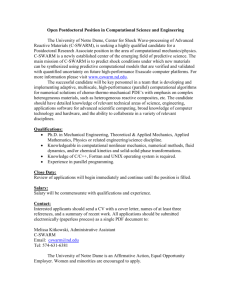Computational/Simulation Methods in Materials Science
advertisement
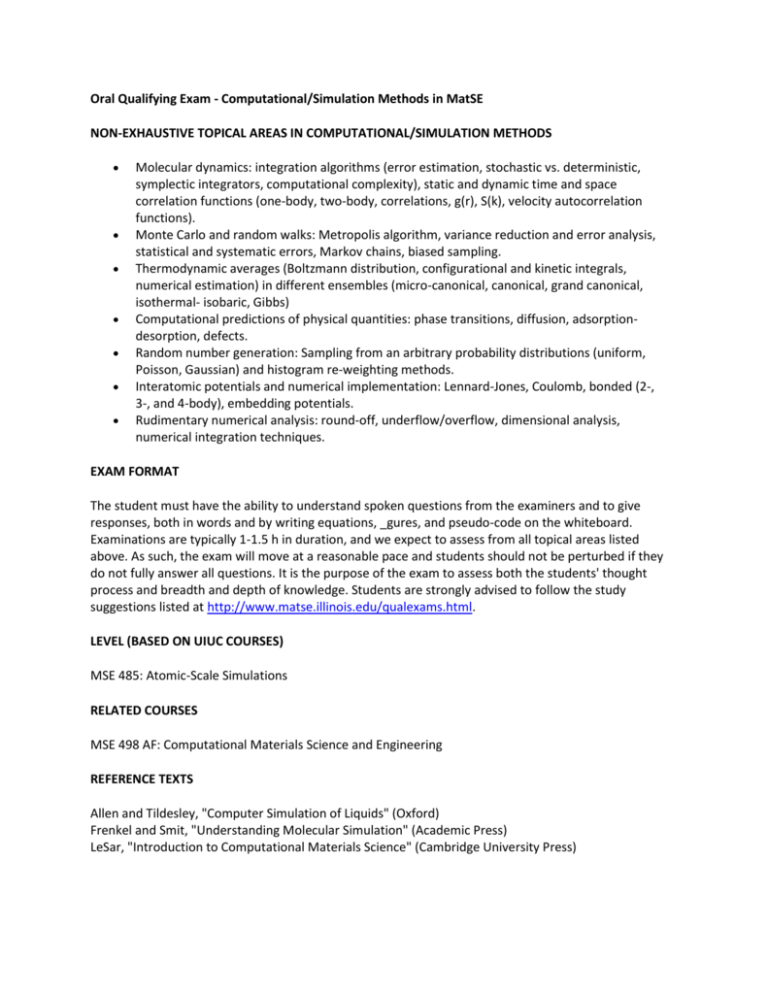
Oral Qualifying Exam - Computational/Simulation Methods in MatSE NON-EXHAUSTIVE TOPICAL AREAS IN COMPUTATIONAL/SIMULATION METHODS Molecular dynamics: integration algorithms (error estimation, stochastic vs. deterministic, symplectic integrators, computational complexity), static and dynamic time and space correlation functions (one-body, two-body, correlations, g(r), S(k), velocity autocorrelation functions). Monte Carlo and random walks: Metropolis algorithm, variance reduction and error analysis, statistical and systematic errors, Markov chains, biased sampling. Thermodynamic averages (Boltzmann distribution, configurational and kinetic integrals, numerical estimation) in different ensembles (micro-canonical, canonical, grand canonical, isothermal- isobaric, Gibbs) Computational predictions of physical quantities: phase transitions, diffusion, adsorptiondesorption, defects. Random number generation: Sampling from an arbitrary probability distributions (uniform, Poisson, Gaussian) and histogram re-weighting methods. Interatomic potentials and numerical implementation: Lennard-Jones, Coulomb, bonded (2-, 3-, and 4-body), embedding potentials. Rudimentary numerical analysis: round-off, underflow/overflow, dimensional analysis, numerical integration techniques. EXAM FORMAT The student must have the ability to understand spoken questions from the examiners and to give responses, both in words and by writing equations, _gures, and pseudo-code on the whiteboard. Examinations are typically 1-1.5 h in duration, and we expect to assess from all topical areas listed above. As such, the exam will move at a reasonable pace and students should not be perturbed if they do not fully answer all questions. It is the purpose of the exam to assess both the students' thought process and breadth and depth of knowledge. Students are strongly advised to follow the study suggestions listed at http://www.matse.illinois.edu/qualexams.html. LEVEL (BASED ON UIUC COURSES) MSE 485: Atomic-Scale Simulations RELATED COURSES MSE 498 AF: Computational Materials Science and Engineering REFERENCE TEXTS Allen and Tildesley, "Computer Simulation of Liquids" (Oxford) Frenkel and Smit, "Understanding Molecular Simulation" (Academic Press) LeSar, "Introduction to Computational Materials Science" (Cambridge University Press)
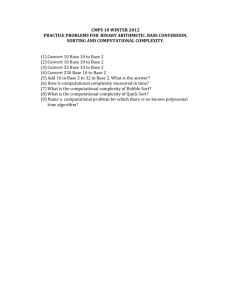
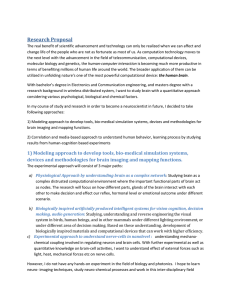
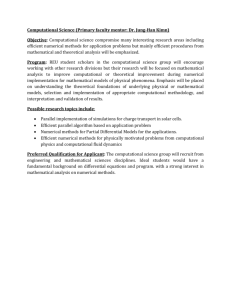
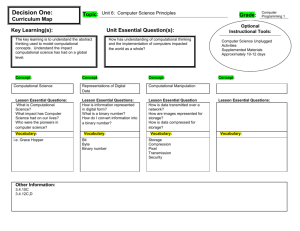
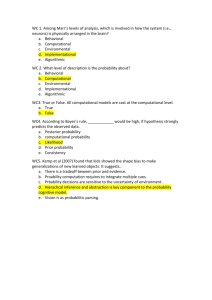
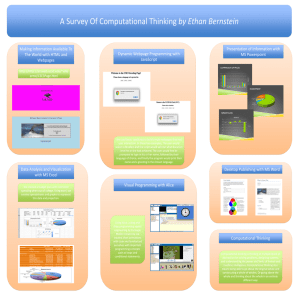
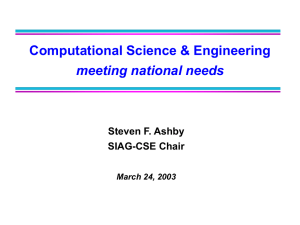
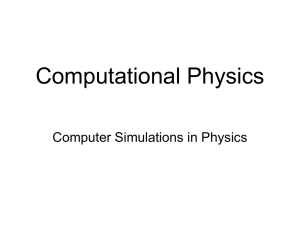
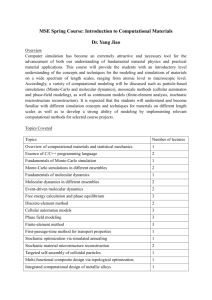
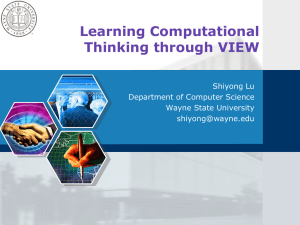
![科目名 Course Title Hydrology and Hydraulics [水文・水理学E] 講義](http://s3.studylib.net/store/data/007224993_1-7df83ced7f13c8565ece0b752f37d756-300x300.png)
